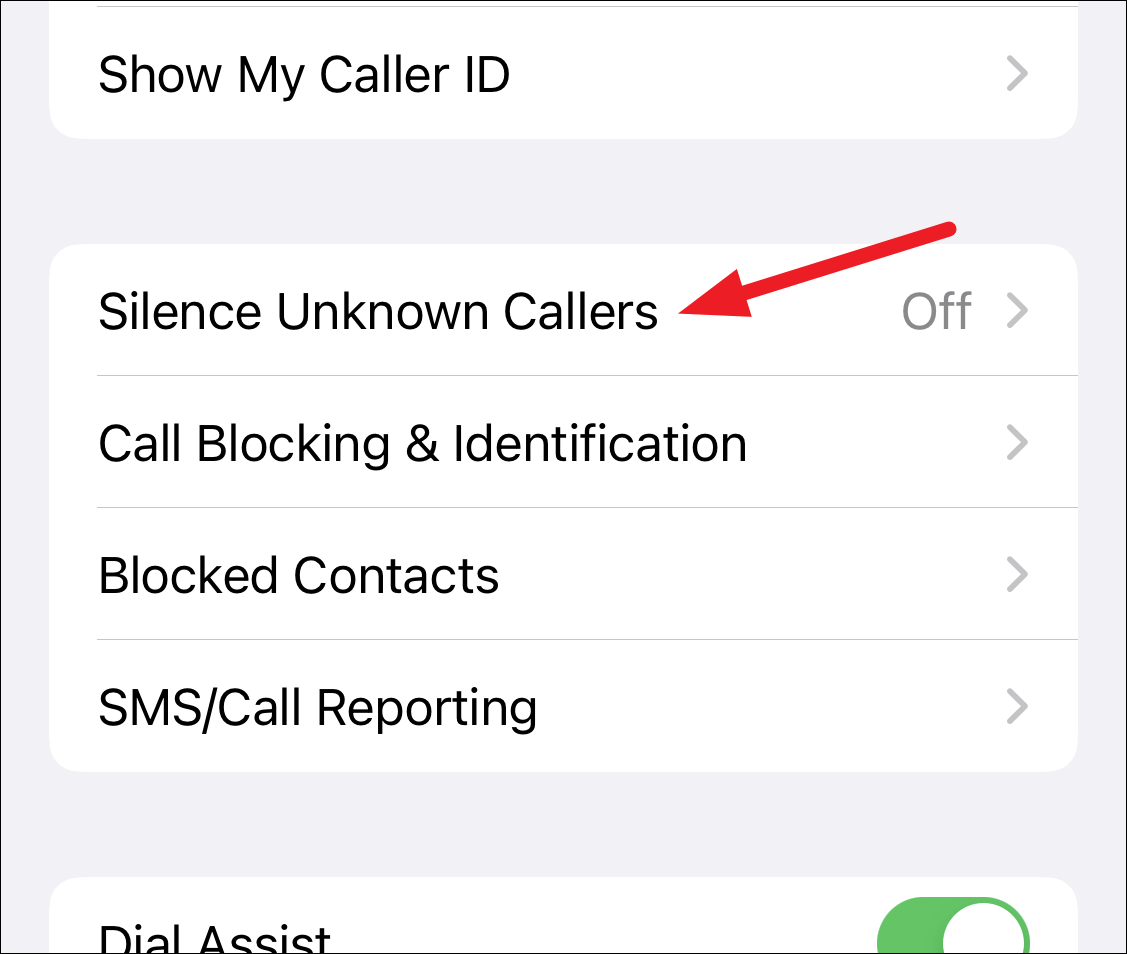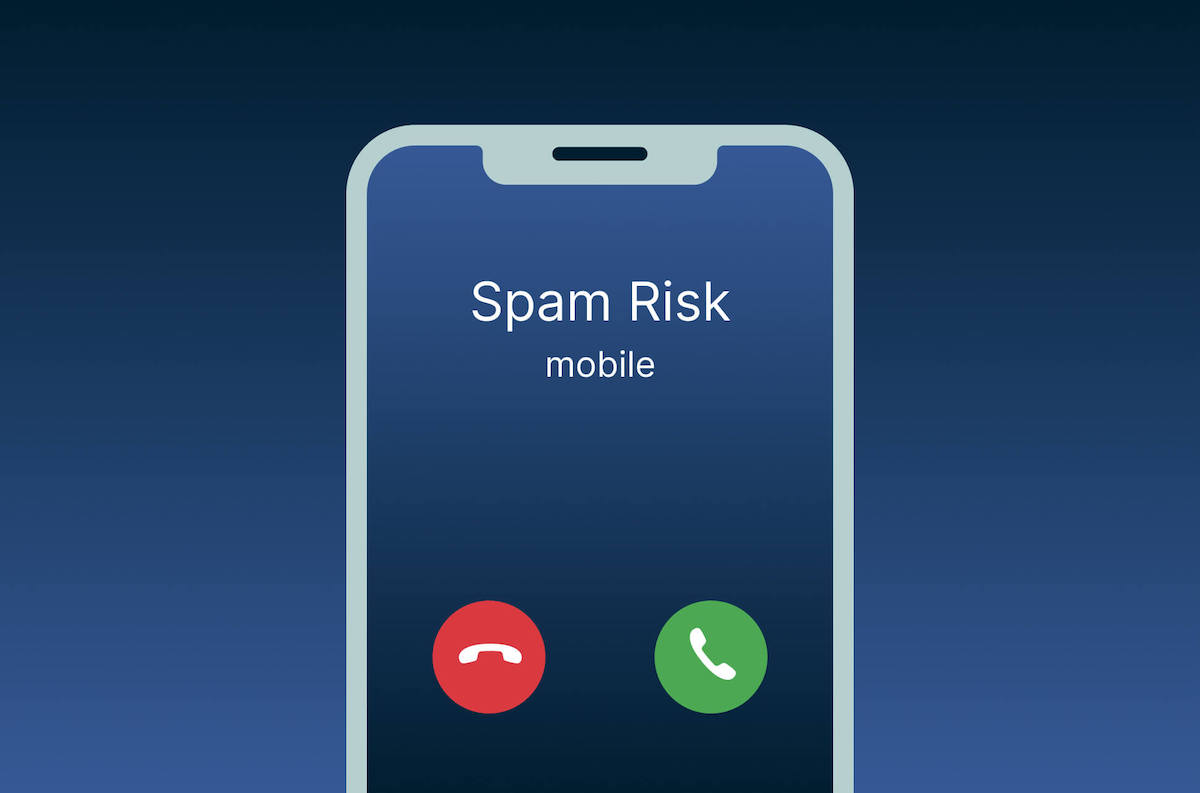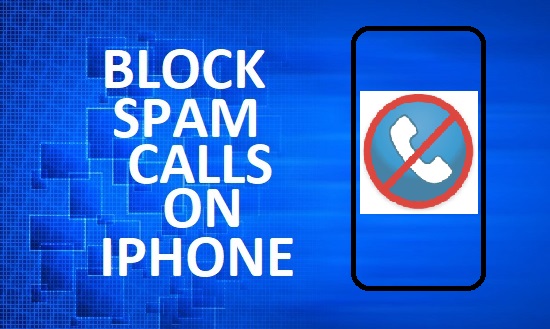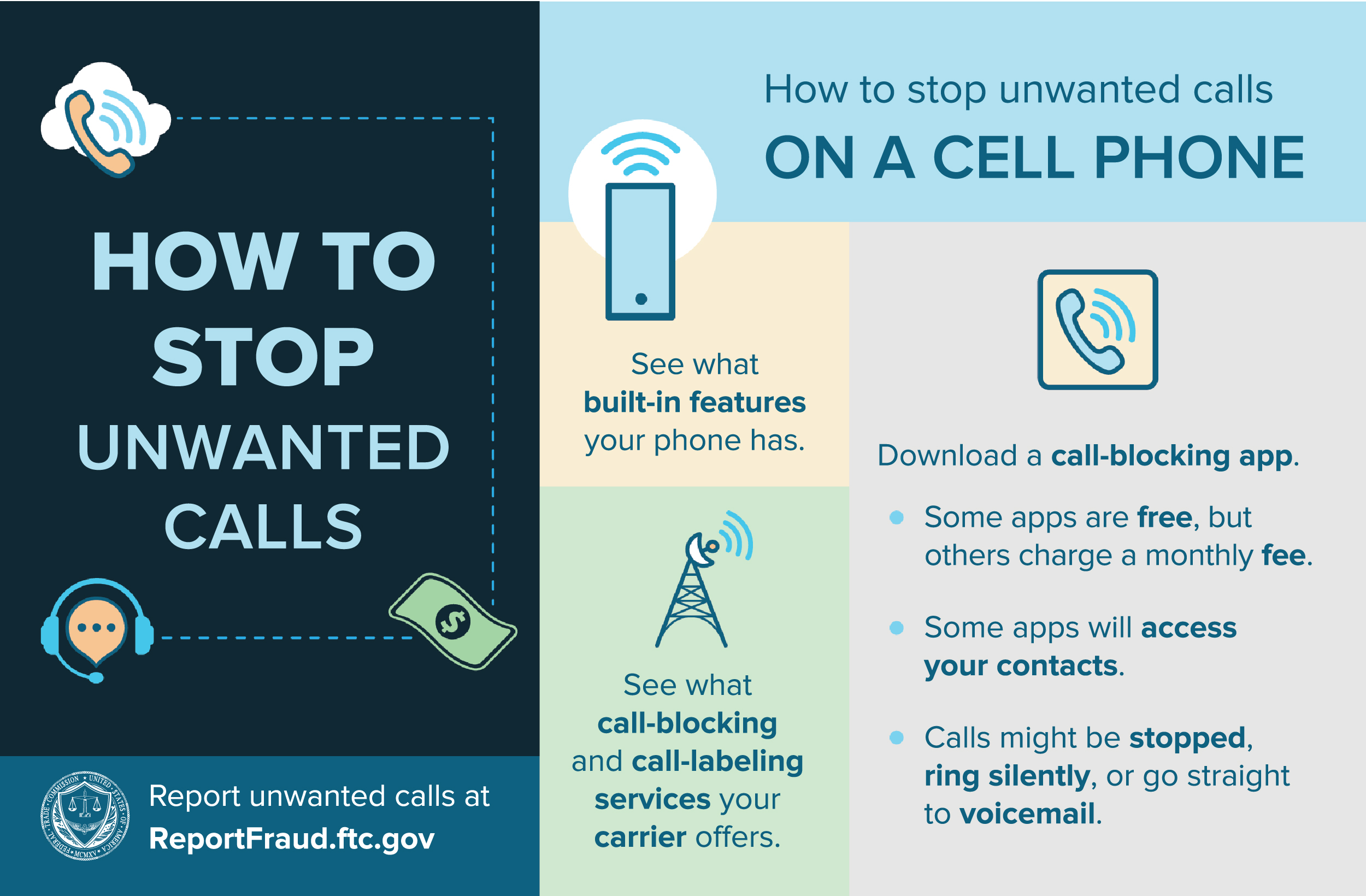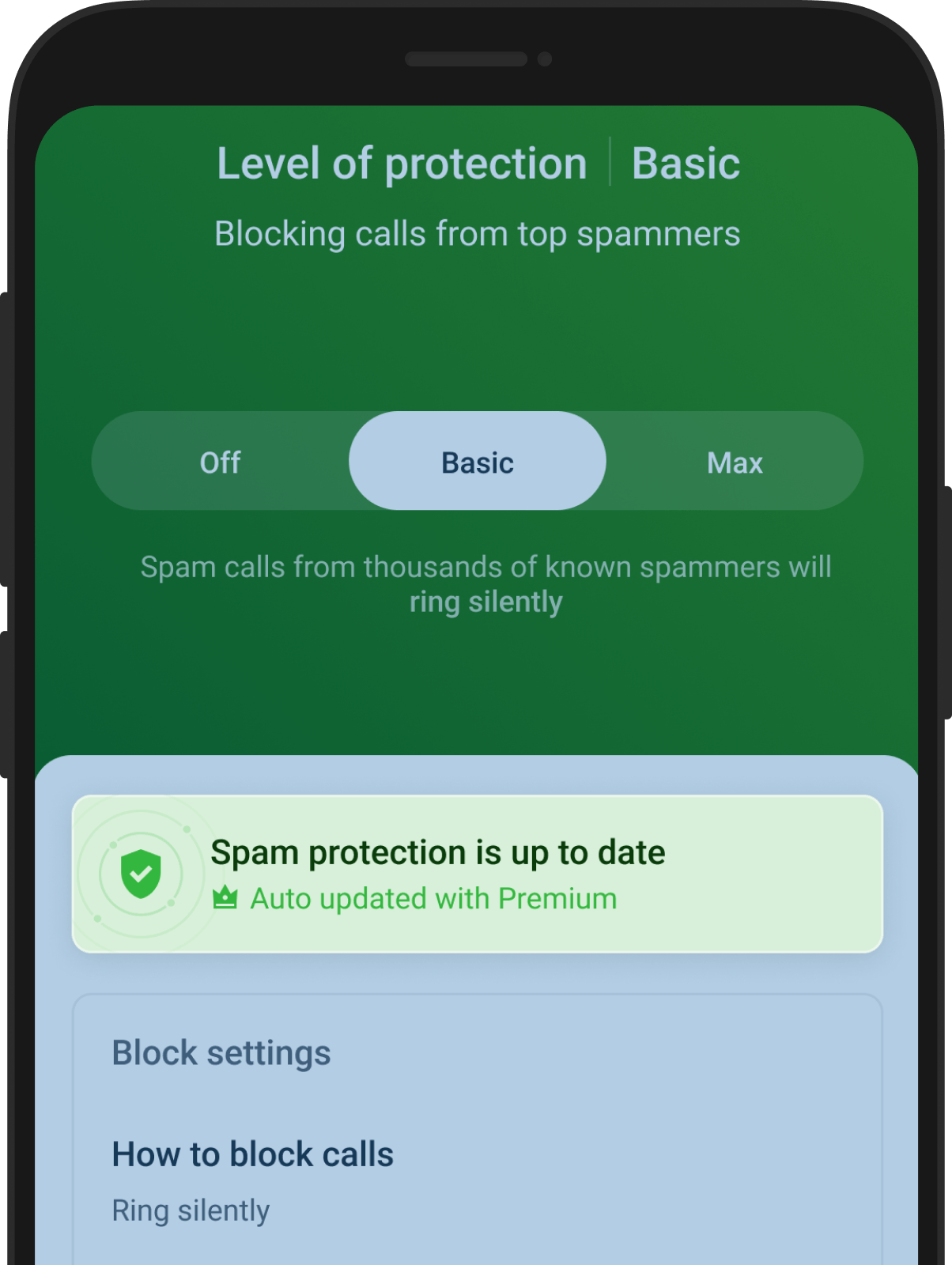How Do I Block All These Spam Calls

The incessant ringing of spam calls has become a ubiquitous annoyance, leaving many individuals feeling helpless against the daily barrage of unwanted solicitations. From automated messages promising discounts to fraudulent schemes attempting to steal personal information, these calls not only disrupt daily life but also pose a significant threat to financial security.
This article explores the multi-pronged approach needed to effectively combat the rising tide of spam calls, drawing on expert advice and available technologies. Understanding the problem and utilizing available tools are key to reclaiming control over your phone lines.
Understanding the Spam Call Epidemic
Spam calls, also known as robocalls, have exploded in recent years, fueled by cheap technology and the anonymity afforded by the internet. According to the Federal Trade Commission (FTC), Americans received billions of robocalls in 2023 alone. The FTC actively works to combat illegal telemarketing and provides resources for consumers to report unwanted calls.
These calls originate from a variety of sources, ranging from legitimate businesses using automated dialers to scammers operating from overseas. Many employ "spoofing" techniques, which mask their true phone number by displaying a different, often local, number on your caller ID.
Strategies for Blocking Spam Calls
Leveraging Smartphone Features
Smartphones offer built-in features to help filter and block unwanted calls. Both Android and iOS operating systems allow users to silence unknown callers, sending calls from numbers not in your contacts directly to voicemail.
Another useful feature is the ability to manually block specific numbers. While this method is reactive rather than preventative, it can be effective in stopping repeat offenders.
Utilizing Call Blocking Apps
A number of third-party apps offer more advanced call blocking capabilities. Apps like Truecaller, Hiya, and Nomorobo maintain large databases of known spam numbers and automatically block or flag them.
These apps often use crowdsourced data and sophisticated algorithms to identify and block suspicious calls. Be sure to review the privacy policies of any app you install, as some may collect your call data.
Exploring Carrier-Provided Services
Many mobile carriers, including Verizon, AT&T, and T-Mobile, offer their own call blocking services, often at no additional cost. These services utilize network-level technology to identify and block spam calls before they even reach your phone.
For example, T-Mobile offers Scam Shield, while Verizon provides Call Filter. Contact your carrier to learn more about the specific options available to you.
Registering with the National Do Not Call Registry
The National Do Not Call Registry, maintained by the FTC, allows consumers to register their phone numbers to reduce the number of telemarketing calls they receive. While it doesn't block all spam calls, it can help reduce the number of legitimate telemarketers who call.
Registering is free and can be done online at donotcall.gov. Keep in mind that the registry primarily targets legitimate businesses and may not be effective against scammers who ignore the law.
Being Vigilant and Reporting Spam Calls
Maintaining a healthy dose of skepticism is crucial in the fight against spam calls.
Never provide personal information over the phone to an unknown caller. Be wary of calls claiming to be from government agencies or financial institutions, as these are often scams.
Report suspicious calls to the FTC and your state's Attorney General. Providing details about the call, such as the phone number, date, and time, can help authorities investigate and prosecute illegal telemarketers.
The Long-Term Outlook
Combating spam calls is an ongoing battle. As technology evolves, so do the tactics used by spammers and scammers. Continued vigilance and the adoption of available blocking technologies are essential to protecting yourself from unwanted calls.
The FTC and other regulatory agencies are working to crack down on illegal telemarketing practices, but ultimately, individual responsibility is key to minimizing the impact of spam calls on your life.
By implementing these strategies and staying informed about the latest scams, you can significantly reduce the number of spam calls you receive and protect yourself from potential fraud.

